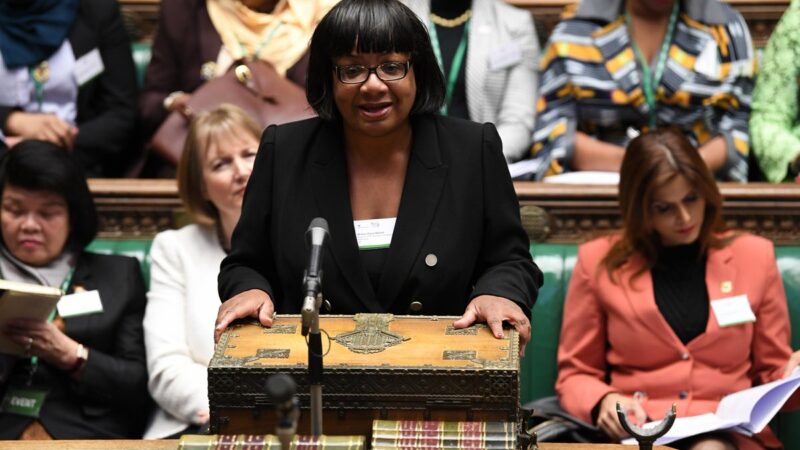
America is currently engulfed in the worst civil unrest since the assassination of Martin Luther King in 1968. A Brooklyn resident called Fatima, who came out to demonstrate in New York with her husband and toddler, on Sunday said: “I’m tired of posting social media – I got a black husband, a black son. I’m tired of them killing us. This is the civil rights movement and it’s 2020.”
As always, what has triggered these scenes has been a backdrop of institutional racism and then a particular act of violence by the state against a black man. In this case, he was called George Floyd. And the images in our media are tragic but fundamentally familiar. Just 30 years ago, Los Angeles erupted in riots because of the savage beating of a black man called Rodney King which was captured on camera. Some time afterwards, Rodney King asked sadly: “Can’t we all just get along?”.
A lot has happened since then, including the election of America’s first black President, Barack Obama. White America seemed to delude itself that putting a black man in the White House would somehow transform race relations in America. But the roots of racism in America are far too deep. So periodically black men in America continue to die at the hands of the state and periodically anguished communities take to the street in protest.
In recent years, we have seen: the death of the black boy Trayvon Martin at the hands of George Zimmerman in 2012; Michael Brown killed by the police in Ferguson Missouri in 2013; Eric Garner killed by the police in New York in 2013 whose last words were almost the same as George Floyd’s “I can’t breathe”; and most recently a young black jogger Ahmaud Arbery was killed in cold blood by two white vigilantes. The ‘Black Lives Matter’ campaign has done its best. But it seems that for some people in America black lives continue not to matter.
The media often comments on people taking to the streets, in protest at these deaths, as if the protests are just random disorder and the murderous policemen are “bad apples in the barrel”. But the deaths of black people in America at the hands of the police and the protests that follow represent some fundamental realities of the relationship of the American state to black people.
When Obama became President, his wife Michelle remarked that slaves originally built the White House. In the same way, the legacy of slavery has shaped race relations in the America up until to the present day. And in some ways in 2020 race relations are as toxic as they have ever been and institutional racism just as bad. For one thing, this is all taking place against the backdrop of the coronavirus pandemic, which has taken the lives of black Americans in a wholly disproportionate way. But there is also Donald Trump installed as President of the United States.
Sadly, the election of Trump was in many ways a backlash against the progress that America appeared to have made by electing Obama. Trump’s slogan “Make America Great Again” was a transparent reference to the days when a black person could not hope to be elected President. And Trump in office has been relentless in appealing to white nationalists.
Faced with the current civil unrest, Trump has made no effort to understand what has motivated people to come out and demonstrate. Instead, he calls the protestors anarchists, claims the protests have been orchestrated and makes threats of violent retaliation. Trump’s attitude is remarkable. Any other American President, Democrat or Republican, would have made promises – however tokenistic – to listen and would have called for peace. Trump just seems to want to inflame things further.
The British political class need not think that it could not happen here. All the elements that have generated a wave of civil unrest in America are present in the UK: the terrible coronavirus death toll amongst black people; a history of a disproportionate use of force against black people by the state; institutional racism generally; and a national leader who shows no understanding or empathy about issues of race.
We should remember that it was the death of Cynthia Jarrett, in the aftermath of a police raid on her house, that triggered the 1985 Tottenham riots. Faced with the threat of the coronavirus pandemic, British politicians did not content themselves with wringing their hands and making token protestations of concern. They had to act firmly and decisively. Fighting institutional racism seriously will require similar levels of seriousness from British politicians of all political parties.




More from LabourList
‘I was wrong on the doorstep in Gorton and Denton. I, and all of us, need to listen properly’
‘Why solidarity with Ukraine still matters’
‘Ukraine is Europe’s frontier – and Labour must stay resolute in its defence’